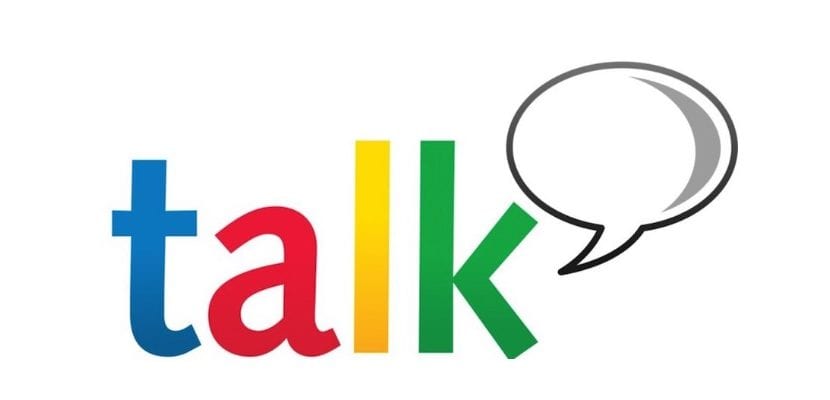
Google has been trying for a few years to find the best way to compete with Skype. Google Talk hit the market in 2005, becoming a communication channel between Gmail users, it was Google's plan to fight Microsoft's Messenger. But over time, Google got to work to be able to oprovide a better user experience allowing calls and video calls to be made for free. It was then that Hangouts was born, a platform that became the main communication channel between all Gmail users who need to make video calls with up to 15 users together.
But after launching Google DuoThere were a lot of rumors that began to talk about the possible disappearance of Hangouts by this other new client, a client that is only available for mobile platforms and whose main problem is the limitation in the number of users to make video calls. Shortly after Google introduced Google Hangouts Meet, the new platform focused on the business world for this type of service. Meanwhile, while Google ran out and clears doubts about the future of video calling, the Mountain View-based company has just announced that the veteran Google Talk will stop working on June 26 of this year.
It was to be expected, although the strange thing is that I have lived with Hangouts for so long. Users, who are really few, who continue to use Google Talk, will receive an email announcing the closure of the service and they will automatically be transferred to Hangouts. Google usually thinks of everything, and has established a profile called Dense Roster within the configuration options, which will allow offering the same experience as with Google Talk, a detail from Google, but which will also disappear with time.